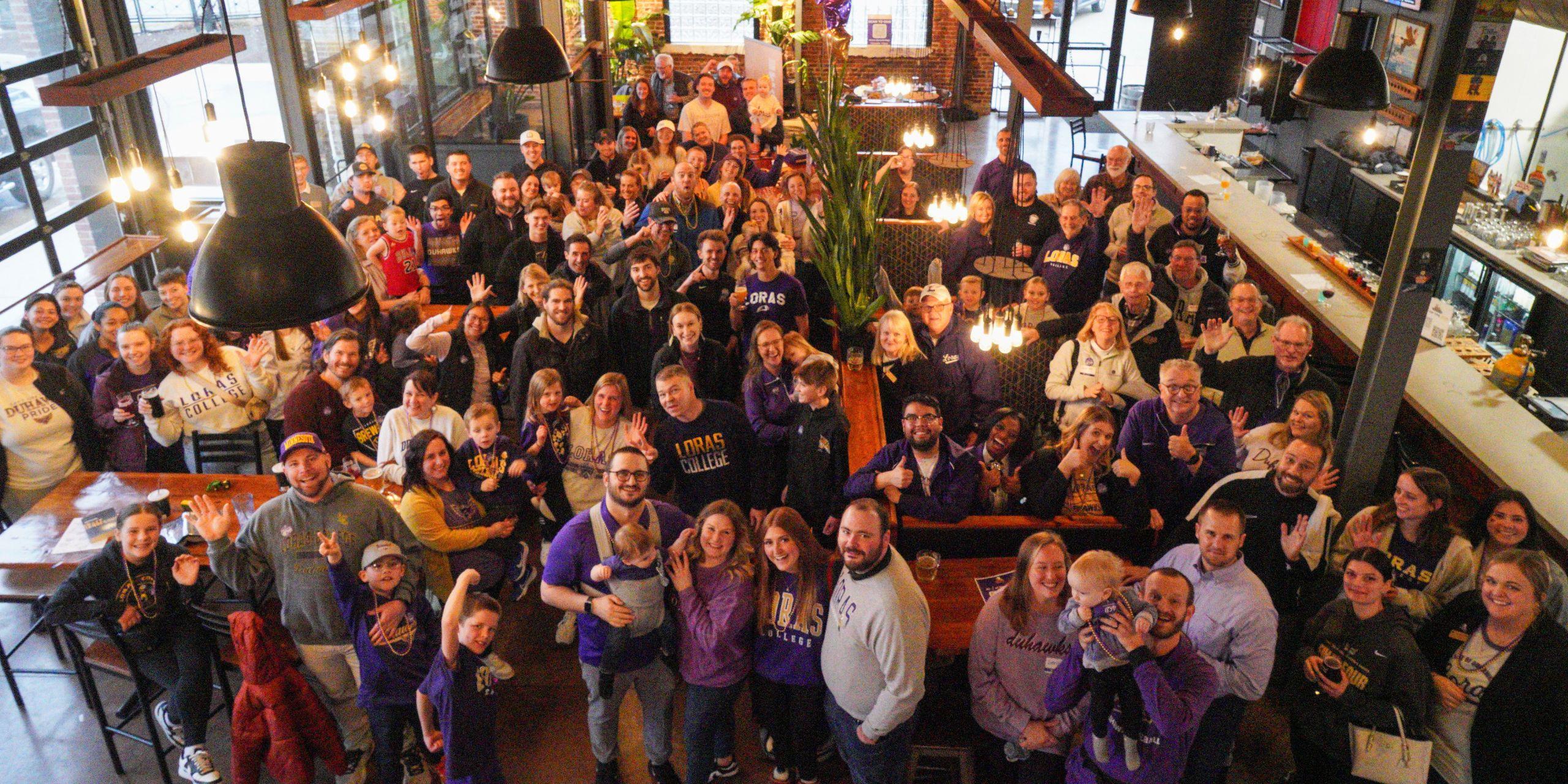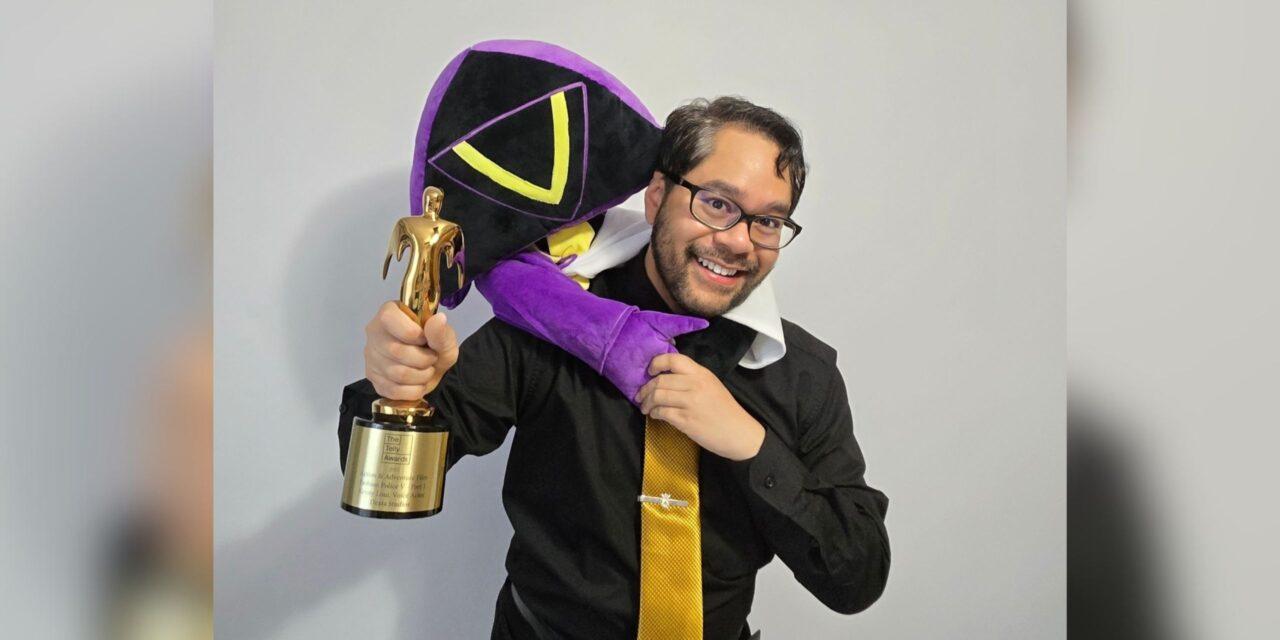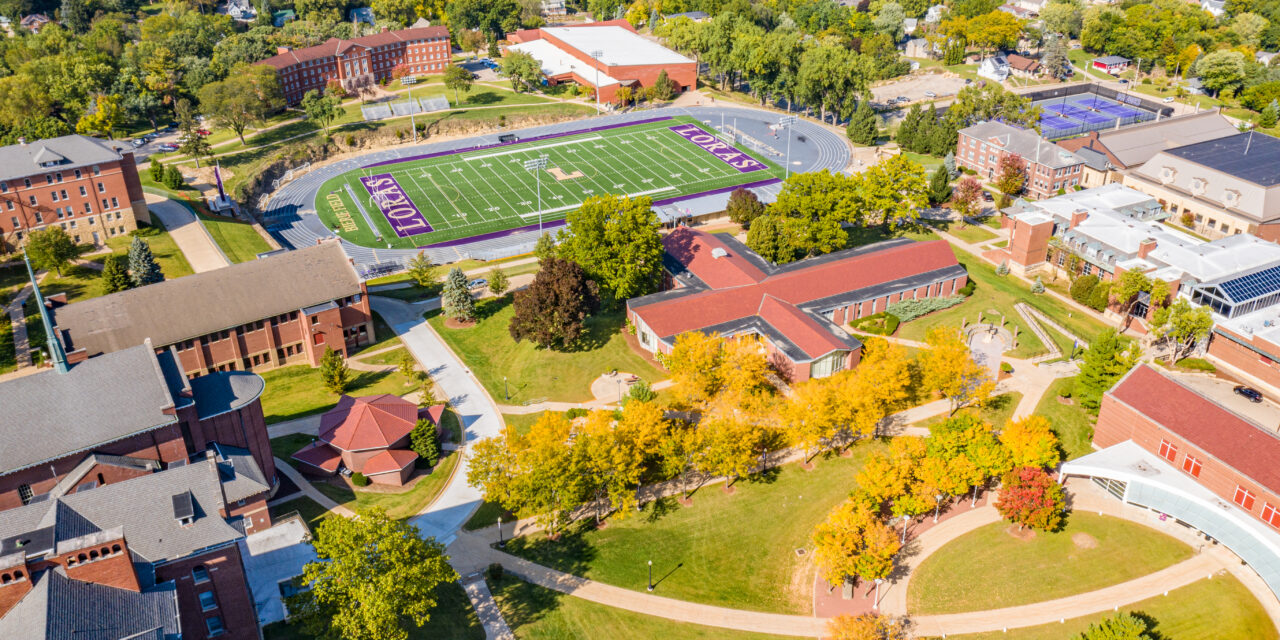As I sit here reviewing game footage from Utah Valley University's remarkable 2023 basketball season, I can't help but feel that special excitement that comes from witnessing a team truly come into its own. This season wasn't just about wins and losses—it was about growth, resilience, and the emergence of players who stepped up when it mattered most. Having followed college basketball for over fifteen years, I've developed a keen eye for spotting teams with that special chemistry, and UVU's squad this year had it in spades. They finished the regular season with an impressive 28-9 record, marking their most successful campaign in nearly a decade and securing their spot in the WAC tournament semifinals for the third consecutive year.
What stood out to me most this season was how the team handled adversity, particularly when key players faced injuries. I remember watching that crucial game against Sam Houston where the absence of veteran guard Trey Woodbury left many wondering if UVU could maintain their momentum. That's when Le'Tre Darthard stepped up in a way that reminded me of those classic college basketball stories where role players become heroes overnight. Darthard, who averaged 14.2 points per game during the regular season, elevated his performance to nearly 19 points during those critical conference games. His shooting accuracy from beyond the arc—42.8% to be exact—was simply phenomenal to watch. I've always believed that the true test of a team's character comes during these challenging moments, and UVU passed with flying colors.
The frontcourt duo of Aziz Bandaogo and Justin Harmon created what I consider one of the most formidable defensive partnerships in the WAC conference. Bandaogo's shot-blocking ability—he averaged 2.9 blocks per game—was nothing short of spectacular. I recall one particular sequence against Southern Utah where he recorded three consecutive blocks, completely shifting the game's momentum. Harmon's versatility allowed him to contribute across multiple statistical categories, finishing with averages of 13.7 points, 3.9 rebounds, and 2.8 assists. Watching them develop their chemistry throughout the season was like witnessing a perfectly choreographed dance—they seemed to anticipate each other's movements instinctively.
Now, speaking of veteran presence and depth, I can't help but draw parallels to that insight from our knowledge base about hoping to get veteran guard Brian Heruela back in the lineup. While Heruela isn't a UVU player, the principle applies perfectly to what made UVU's season so special. When Tim Fuller, their experienced forward, missed four games due to a minor knee injury, the team's performance noticeably dipped. They went 2-2 during that stretch, including a disappointing loss to Utah Tech. Fuller's return coincided with their seven-game winning streak to close out the regular season. His leadership on and off the court—averaging 11.4 points and 7.8 rebounds—provided that steadying influence every successful team needs. In my analysis, his impact went far beyond the stat sheet, much like what teams hope to get from veteran players returning at crucial moments.
The coaching staff, led by head coach Mark Madsen, deserves tremendous credit for developing this roster. Having followed Madsen's coaching career since his NBA days, I've been impressed with how he's adapted his philosophy to the college game. His decision to implement a more up-tempo offense this season resulted in UVU averaging 78.3 points per game, a significant jump from last season's 71.6 average. What impressed me most was how he managed rotations, particularly giving meaningful minutes to younger players like Tanner Toolson while maintaining the core production from his veterans. This balanced approach created what I believe was the deepest roster in the WAC this season.
Looking at the statistical profile, UVU's efficiency numbers tell a compelling story. Their offensive rating of 112.4 ranked 45th nationally, while their defensive rating of 95.2 placed them in the top 60. The team's true shooting percentage of 57.8% demonstrates the quality of shots they created throughout the season. From my perspective, what made these numbers particularly impressive was how they improved as the season progressed. In their final ten games, UVU's net rating of +12.3 would have placed them among the top 25 teams nationally if maintained over the entire season.
As the season reached its climax during the WAC tournament, UVU's resilience was tested once again. Their semifinal victory over Grand Canyon showcased everything that made this team special—timely shooting, defensive intensity, and that never-say-die attitude that defines great teams. Though their tournament run ended in the championship game, finishing with 28 wins represents tremendous success by any measure. Reflecting on the entire season, what stands out most isn't any single game or statistic, but rather how this group developed an identity and played to their strengths. They proved that with the right mix of veteran leadership and emerging talent, coupled with strategic coaching, a team can exceed even the loftiest expectations. As someone who's analyzed hundreds of college basketball teams, I can confidently say this UVU squad will be remembered as one that laid the foundation for something truly special in Orem.




